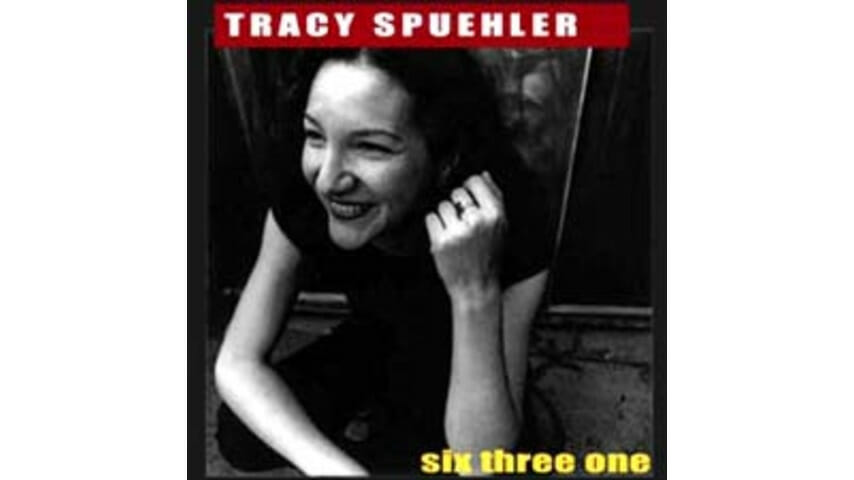Introducing Endless Mode: A New Games & Anime Site from Paste
If the thudding bass line that announces the opening of Six Three One sounds familiar, it’s not only because the song appeals to the hallmarks of effortlessly fun road music, but because it happens to be weaving itself into your memory files by virtue of a Nissan commercial. And while it might be a bit more lighthearted than the bulk of the album, “Where Do We Go?” is generally indicative of the simple, straightforward approach Los Angeles native Tracy Spuehler employs throughout her memoir of life, loss and love. A singer-songwriter with roots in folk-rock duo Pimentos for Gus—where she enjoyed a seven-year tenure as violinist—Spuehler plays the role of modern everywoman well, writing simply and elegantly with a voice steeped in homespun charm and informal grace. Still, as good-natured and generally upbeat as they are, the 12 entries on this, her solo debut, mask a deep sense of defeat and disappointment, providing a sense of contrast that ultimately becomes the album’s defining characteristic.
The memory of her mother hangs over a few tracks, with the fluttering keys of “Secret Life” and stately violin lines that wind around the acoustic guitar figures of the movingly picturesque “Hummingbird.” That Spuehler can steer such songs, so laden with personal meaning, away from maudlin melodrama is much to her credit, as her writing is so unobtrusive she is able to evoke a profound depth of feeling through little more than subtle suggestion and vocal intonation. Before she’s done, she’ll lament a few past loves, a childhood home and a car, but her ability to exude charm and observational restraint generally saves her from the over-emoting that plagues lesser songwriters. And just as her songwriting is caught in the contrast between hope and despair, her musical aesthetic is torn between stripped-down, lo-fi arrangements and more lush, richly produced fare that generally complements her gifts more appropriately—sometimes giving rise to an interesting hybrid by draping violin lines over processed beats in “Sunflower.” Still, at her best—the swirling harmonies and trumpet solo in “631” and the warm Wurlitzer touches of “The Gift,”—Spuehler occasionally hints at more expansive ambitions. But at this point, even though the emotional directness is ultimately endearing, her melodic gifts are outpacing her lyrical skills a bit, as she too often opts for an easy rhyme. With any luck, she’ll be remembered as much more than the author of a catchy car jingle.
